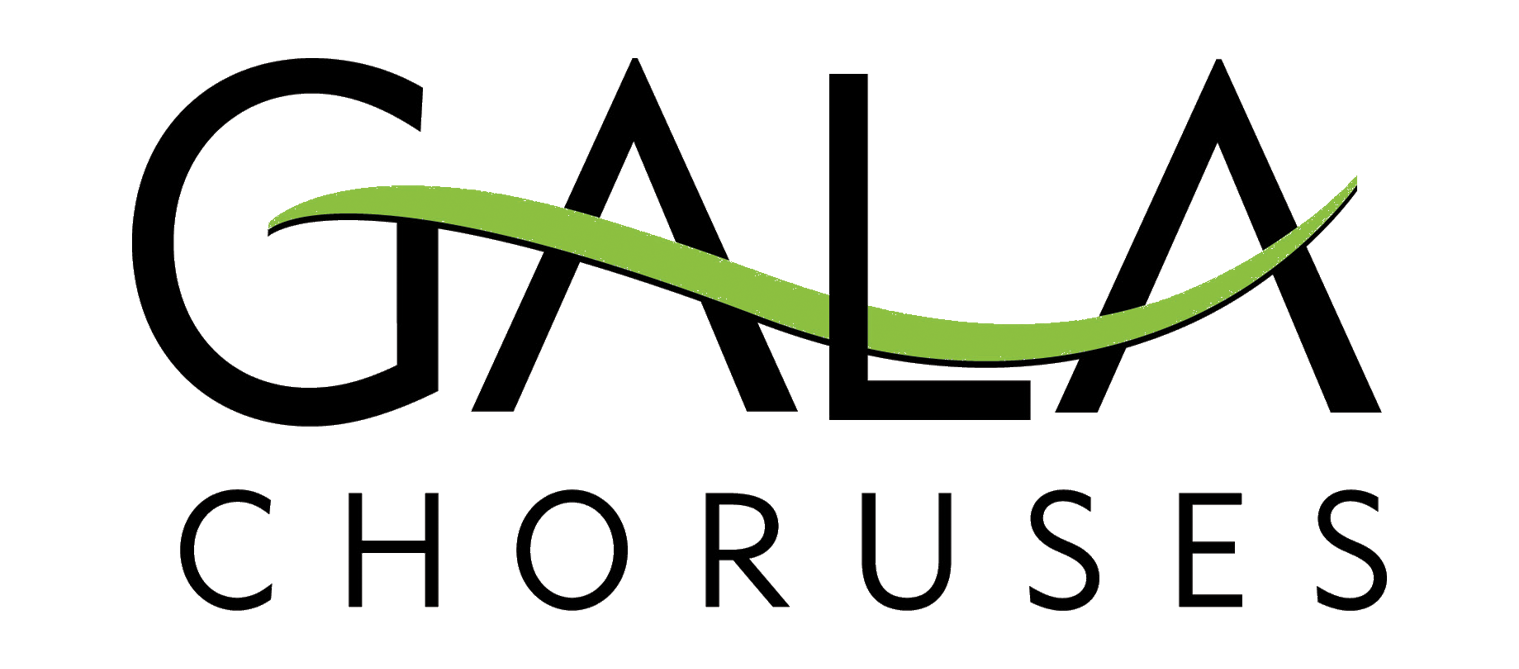This handout invites you to consider three ways in which Exceptionalism might impact your life and work.
Introduction
Unconscious assumptions are often based on Exceptionalism, be it Western, White or American Exceptionalism or a combination of the above. Carrying these unexamined attitudes can cause one to make embarrassing and harmful assumptions when engaging with people from a different culture/subculture.
In your group, explore the following statements. Identify which types of Exceptionalism they represent and why.
Statement 1
Many people in Canada and the U.S. believe that their countries are the most progressive in the world when it comes to LGBTQIA+ legal rights, marriage, adoption, inheritance, etc. North Americans may assume that people across the world have heard of Stonewall or Gay Pride, and should naturally feel a sense of emotional connection to these events. LGBTQAI+ people living in communities of relative safety may assume that “coming out” is a rite of passage, or an important political statement, for everyone in the LGBTQIA+ community regardless of where they live or their ethnic/racial background.
Explore which type of exceptionalism this represents and why.
Futher Reflections: Have you made similar assumptions? Does it surprise you to learn that the Netherlands was the first country in the world to legalize same sex marriage and South Africa was the first to include sexual orientation as a protected category in its Constitution? Can you identify a scenario where “coming out” might be problematic or dangerous for an individual even in North America?
Statement 2
Many choirs participate in international choral festivals outside North America or support charities and projects in “Third World” countries. In traveling or partnering outside North America singers might assume that other choirs don’t read music or don’t speak English. Singers might be surprised to learn that many of the laws in Africa criminalizing homosexuality originate from British and French colonial laws.
Explore what kind of exceptionalism is present in the terms “Third World” or “Developing Nations?” How does the term “Global South” (definition — Web) more equitably describe these countries?
Futher Reflections: Explore stereotypes you have regarding people from other countries. Is your first impulse that they are disadvantaged or need to learn from you? Do you believe that queer identified choruses in other countries suffer more oppression than a chorus in North America? How much do you know about choral culture and life in the Global South?
Statement 3
Racial and ethnic disparities have long been present in North American settler history. In 2020-2021, Indigenous people represented 32% of inmates in Canadian prisons, but are only 5% of the population. The U.S. Declaration of Independence includes the statement “all men are created equal” and also refers to Native Americans as “merciless Indian savages.” The preamble to the U.S. Constitution starts with “We the People of the United States,” but the Constitution does not include women, specifically excludes Native Americans, and states that “Africans” are “3/5ths” of a person.
Explore which type of exceptionalism this represents and why.
Futher Reflections: Explore your thoughts and feelings towards North American settler history. Who do you think the U.S. documents were written for and who is excluded? What are parallels in Canadian political documents and in the justice system? How do you as an individual, or chorus, participate in nationalist holidays, Thanksgiving, or Columbus Day events? How are individuals and organizations in Canada and the U.S. working to confront exceptionalism in various forms?
In writing this chapter, we have tried to be inclusive of both the U.S. and Canada who share significant histories of White Exceptionalism. We also note that the word “America” itself is an example of exceptionalism. Named for the Italian explorer Amerigo Vespucci, the word is often used to describe the United States; however, America actually includes both North and South America.
Long before Amerigo Vespucci, First Nations and Indigenous peoples shared stories of a turtle that holds the world on its back. Many Indigenous tribal nations referred to North America as “Turtle Island,” and still do today.
